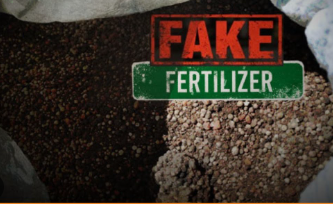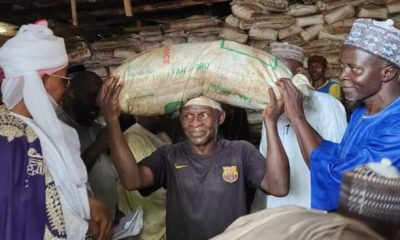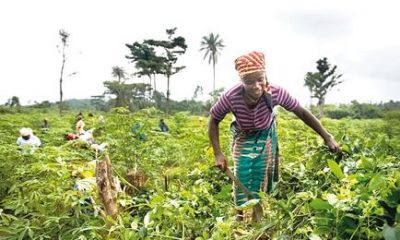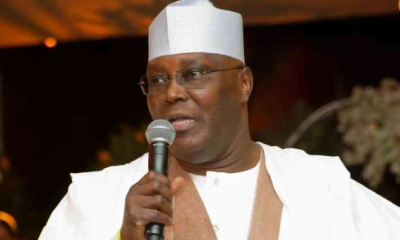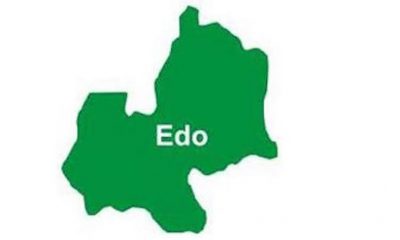Farmers cultivating different agricultural crops in Nigeria are hoping to tap into the $100bn annual agricultural import market of Dubai through the exportation of food items to the United Arab Emirates.
The farmers said they would explore the export opportunities in the sale of agricultural produce to Dubai.
They spoke in Abuja at an agricultural event with the theme ‘Meet the Farmers Conference’, organised by Crenov8, an agriculture consultancy firm.
“We have been made to understand that the agro import market in Dubai is worth over $100bn annually and that the United Arab Emirates imports this much from countries around the world and so we have to position ourselves as farmers to tap from this huge market,” a farmer who participated at the conference, Christian Agha, told our correspondent.
Bola Oyedele, the management consultant, Crenov8, said farmers and government agencies in the agricultural sector were brought together at the conference to be enlightened about the opportunities that abound in the Dubai market as many operators in Nigeria were not aware of them.
She said, “From a research that we conducted and from a government agency, in this case the Dubai Municipality and Dubai Chamber of Commerce, we saw that in 2016, Dubai imported $100bn worth of agricultural produce from around the world.
“But when you check what is going to Nigeria and Africa from these $100bn imports, you will be surprised that it is something very minute. That was how the curiosity began and we started going to the agencies, government ministries and farmers, asking them why they are not exploiting the Dubai market.”
Oyedele said it was also discovered that thousands of imports into Dubai were from Africa but not through Africans, adding that the goal of the conference was to facilitate agro-trade between Nigeria and the UAE.
She said, “So if our goods were going to Dubai, why are these goods not going through indigenes of Nigeria and other African countries? It was also discovered that a lot of our farmers do not know much about the Dubai market.
“This is because many people see Dubai as a place where they go for vacation, or do one or two business. But the key thing is that in Europe and America, they have farmlands where they cultivate crops; but Dubai doesn’t have that space.”
She added, “This is why they (UAE) spend so much importing agricultural produce and right here in Nigeria, we have the resources and food which they need. In Africa, we have these food items. Why can’t we export and tap from this $100bn market?”
On whether Nigerian farmers would be able to meet the export requirements set by authorities in Dubai, Oyedele noted that farmers would be guided on how to meet the standards.
She said, “What we do as a firm, depending on the specific commodity, is that we provide information on the requirements. And when you talk about standards, the fact is that we are consuming these food items that we plan to export.
“So, it is not as if our foods are bad or poisonous or not good for health. But some countries will tell you that you must have the required certification. Therefore, the basic standard is to ensure that you meet the first requirement, which is that it is healthy enough to be consumed.”
She noted that for other requirements, such information could be provided through the assistance of the consultancy firm, especially when requested for by a particular organisation.

 Health1 week ago
Health1 week ago
 Business1 week ago
Business1 week ago
 Latest1 week ago
Latest1 week ago
 Health6 days ago
Health6 days ago
 Latest1 week ago
Latest1 week ago
 Football7 days ago
Football7 days ago
 Crime7 days ago
Crime7 days ago
 Latest1 week ago
Latest1 week ago


